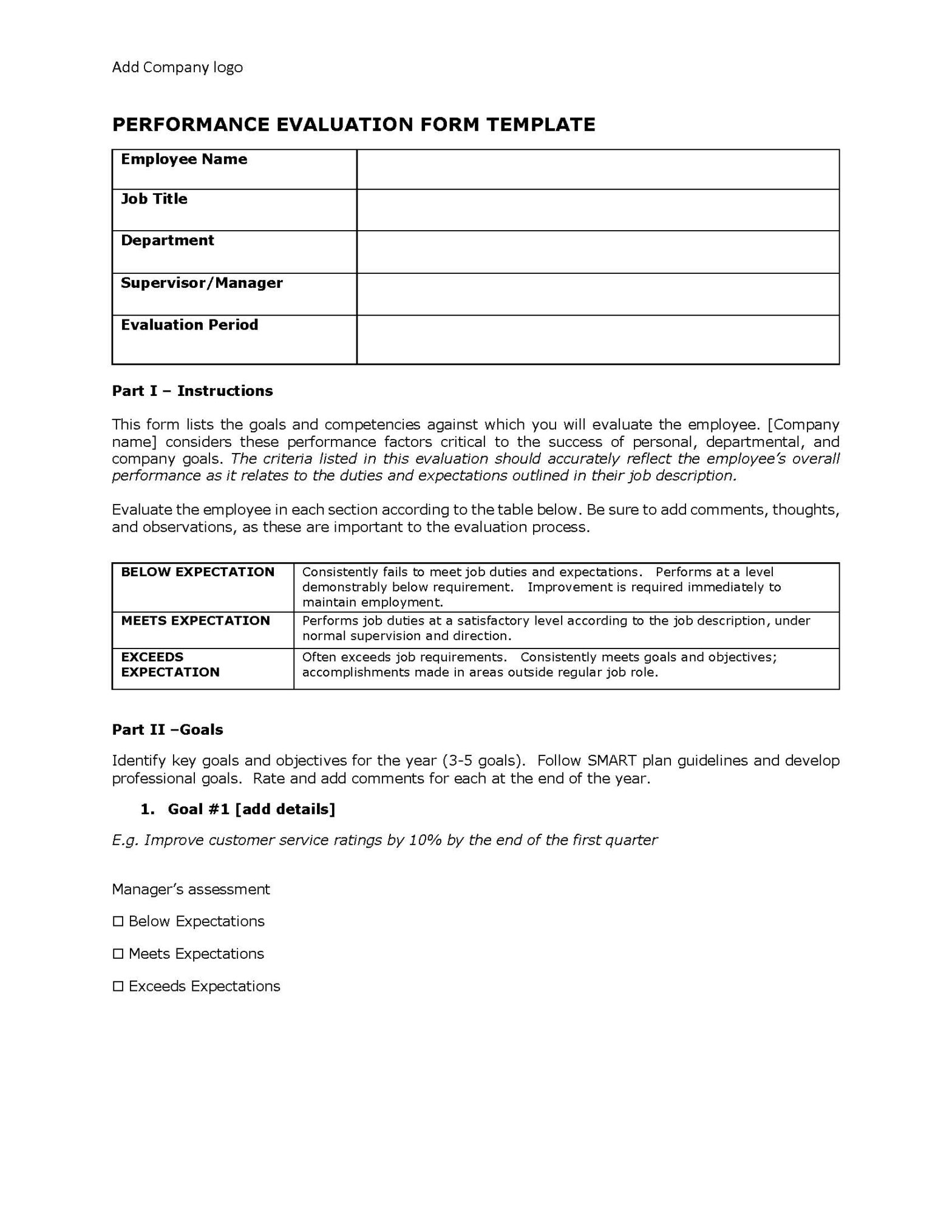December 6, 2023
When creating a social media policy, there is no one-size-fits-all plan. Regardless of the type of policy implemented, it is essential that the policy be well understood by employers and employees alike. We offer the following advice on how to create an efficient and effective social media policy:
- When drafting a social media policy, it is important to involve all departments. Information technology, human resources, public relations/marketing and corporate managers and executives should all work together to create a policy that works for everyone.
- Social media policies should be broad enough to cover social media technology that will be introduced in the future. Furthermore, the policy should not only cover the material on the company blog, or company Facebook or Twitter account, but should cover the appropriate use of one’s personal blog, Facebook page, Twitter, TikTok or Instagram account, or any other social media platform. It must also be clear that the policy is not restricted to use from work computers and applies to use of social media on employee time.
- Employers should implement a positive social media policy. Recognizing the pervasiveness of new technologies, allowing access to social media in moderation could be the answer so long as it does not affect productivity and the company is protected.
- Employees should be kept informed about the legal and security risks involved in social networking and what they can do to protect themselves and the company. Emphasize the need to use caution and good judgment as comments posted on social networking sites can spread despite the original posting being removed. It is important to encourage employees, if mentioning the company name, to use a disclaimer that the opinions expressed are not those of the company. Where workplaces offer employees the use of ‘company phones’, on which confidential information may be stored, some employers are choosing to prohibit the use of certain social media platforms on those phones where security issues and privacy concerns have been raised about the platform.
- The organization should define what is and is not considered “acceptable use” both on the company’s network and outside of it. It should be clear that company systems may not be used for illegal activity such as copyright/plagiarism and downloading pirated software.
- The policy and its enforcement should be clear to all employees. It is important to clarify what disciplinary action will be taken, up to and including termination, if policies are not followed.
- A social media policy should be written and it is a good idea to have employees sign off on it or track acceptance or receipt to ensure they have read its contents.
- The policy should be simple and accessible. Employees will not be inclined to read through an overwhelming manual. Circulating the policy regularly and having the policy readily available both electronically and in hard copy are also encouraged.
By Jennifer Bond and George Waggott, McMillan LLP. This article is reprinted here with the permission from George Waggott.
Additional information provided by Mathews Dinsdale & Clark LLP. The information provided in this article is necessarily of a general nature and must not be regarded as legal advice. For more information about Mathews Dinsdale & Clark LLP, please visit mathewsdinsdale.com.
More About This Topic: Social Media Policies in the Workplace: Case Studies
This article may not be republished without the express permission of the copyright owner identified in the article.
Return to top